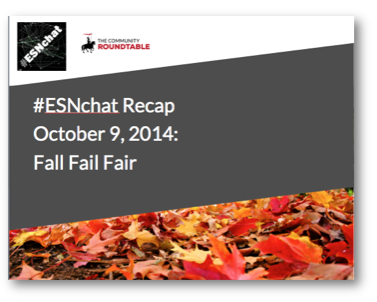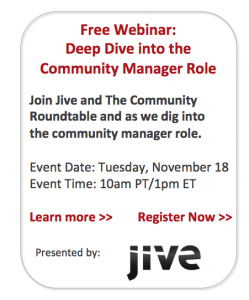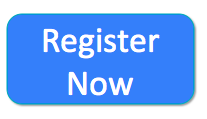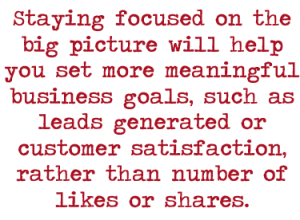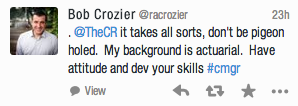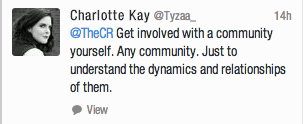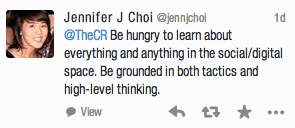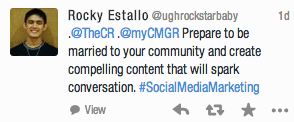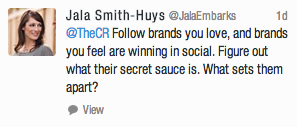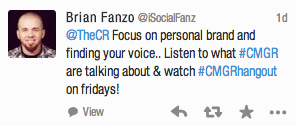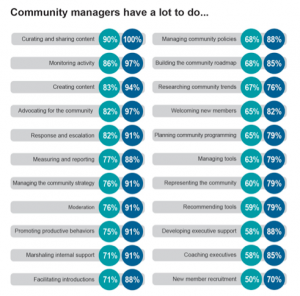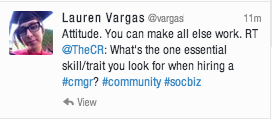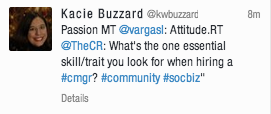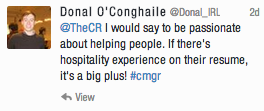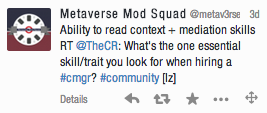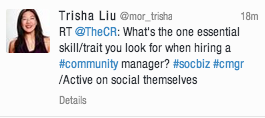By Shannon Abram, Relationship Manager for The Community Roundtable.
When we invited Patrick Hellen, the community manager for CloudLock, Inc to be our October Community Manager Spotlight we knew we were in for a treat. When HE requested the webinar format be an AMA we knew it was ON. In this 30 minute event Patrick shares his unique perspective on community management while also sharing best practices for job hunting in the community management world.
We ran out of time at the actual AMA and Patrick didn’t get to answer all the questions we received. He was nice enough to send along his answers to even more community questions!
At this new role you’re building community from scratch. Tell us about that experience.
Overall, it was pretty straightforward, but it was intense. I started off by fully building an RFP, while I also built my inner support system. Before I had a single electron of community built, I had talked to, interviewed, and recruited people to help with set up, configuration, reporting, content creation, etc. This was actually the most important step – to fully ensure that I had a support system, and a pre bought in, internal group to help with the community once it was up and running.
From there, it really was just configuration and building. That ended up being a breeze once I had that system in place.
What are your community management resource must-haves?
Pocket – to save articles that I think are interesting and that I can reference later, Tweet deck – to keep in touch with peers and contemporaries, and a few communities – Salesforce’s success one, the CR, Community Geek, and Reddit.
What is the one thing you wish you knew when you were just starting out in community management?
That there’s a hell of a lot more data management involved than I expected, and that if someone doesnt have community built into their goals or job description, you can pretty much guarantee that when the push comes to shove, you get dropped off the TO-DO list pretty easily.
Thus, my initial support push at my current gig.
What do you do when your community goes “quiet?”
Panic.
Generally my initial push for quiet communities is to ask members for something. A subtle reminder that membership is not a receive info only type system, but does require their input and communication to survive.
So, Polls, questions, feedback requests, etc.
Check out the full archive for more:
This content has moved inside The Network.
Patrick Hellen is the community manager for CloudLock, Inc – a cloud security company just outside of Boston, Massachusetts. He currently runs CloudLock Connect, a customer only collaboration community. Most recently he worked for Rapid7, where he managed their SecurityStreet Community.
He’s an unabashed Twitter addict, plays far too many video games, reads nearly constantly, and considers the internet to be mankind’s greatest invention. Follow him at @patrickch, and say hi.
Our Community Manager Spotlight Series is a behind the scenes look at the diverse world of community managers. View the complete archive here.
—-
Looking to connect with community peers like Patrick? Join TheCR Network and pull a chair up to the table of the smartest community professionals.
Podcast: Play in new window | Download
